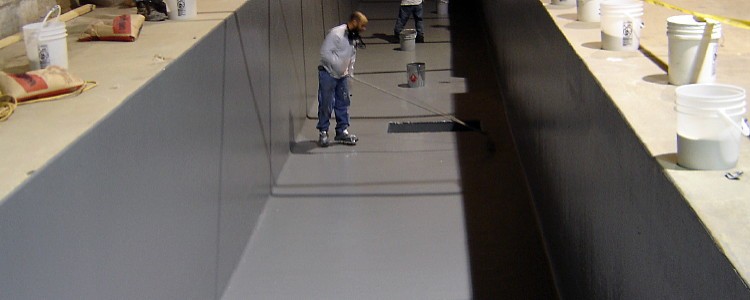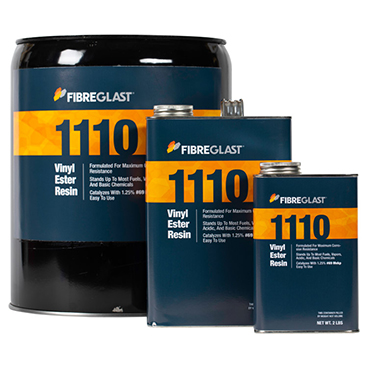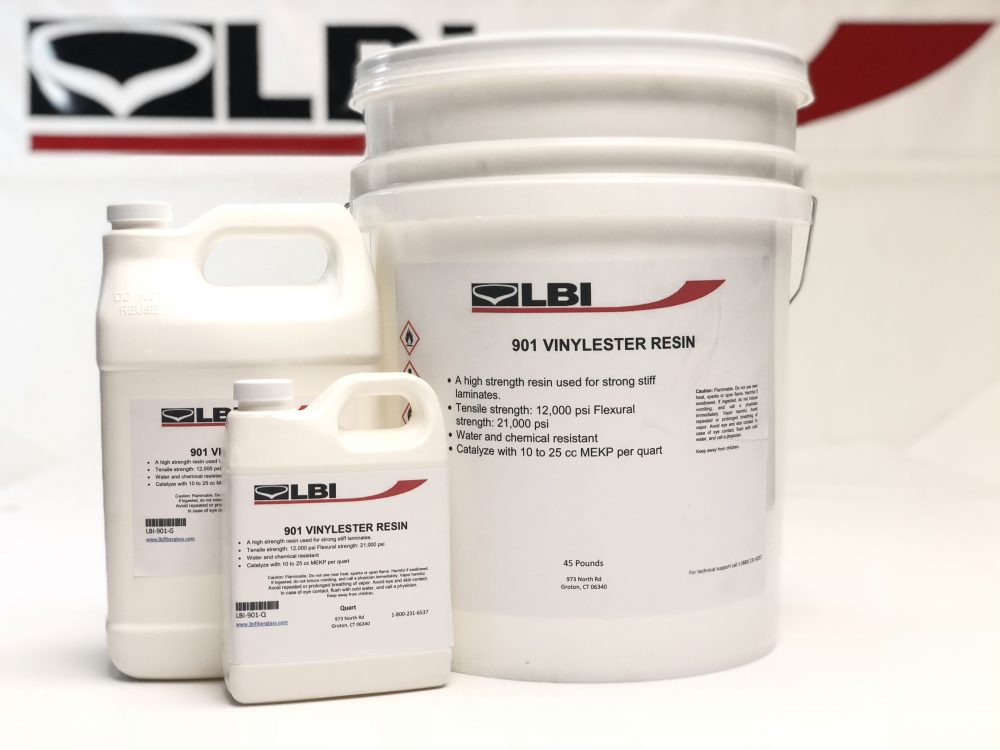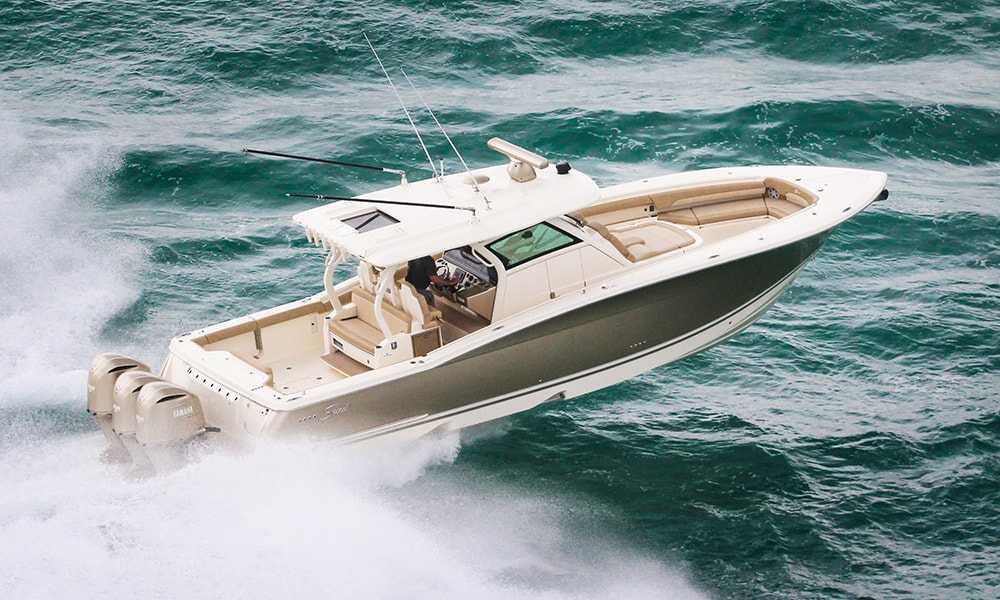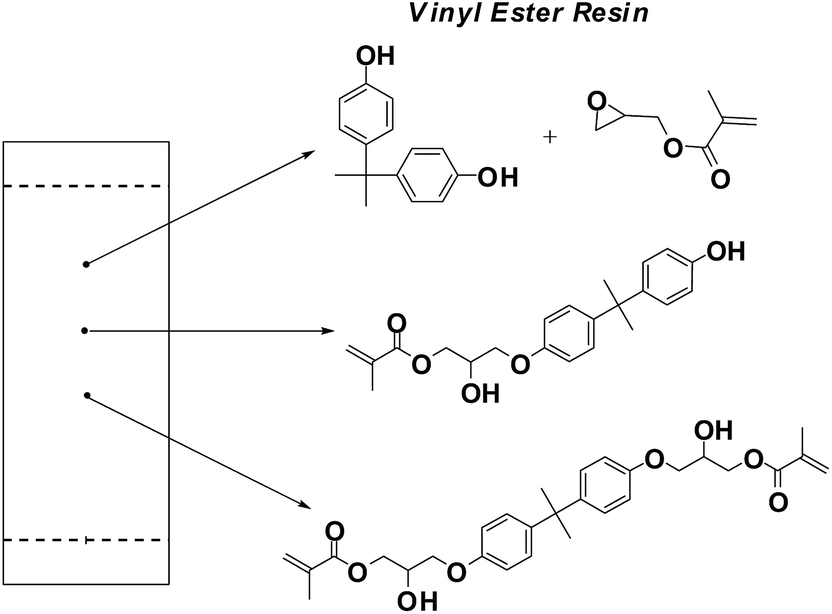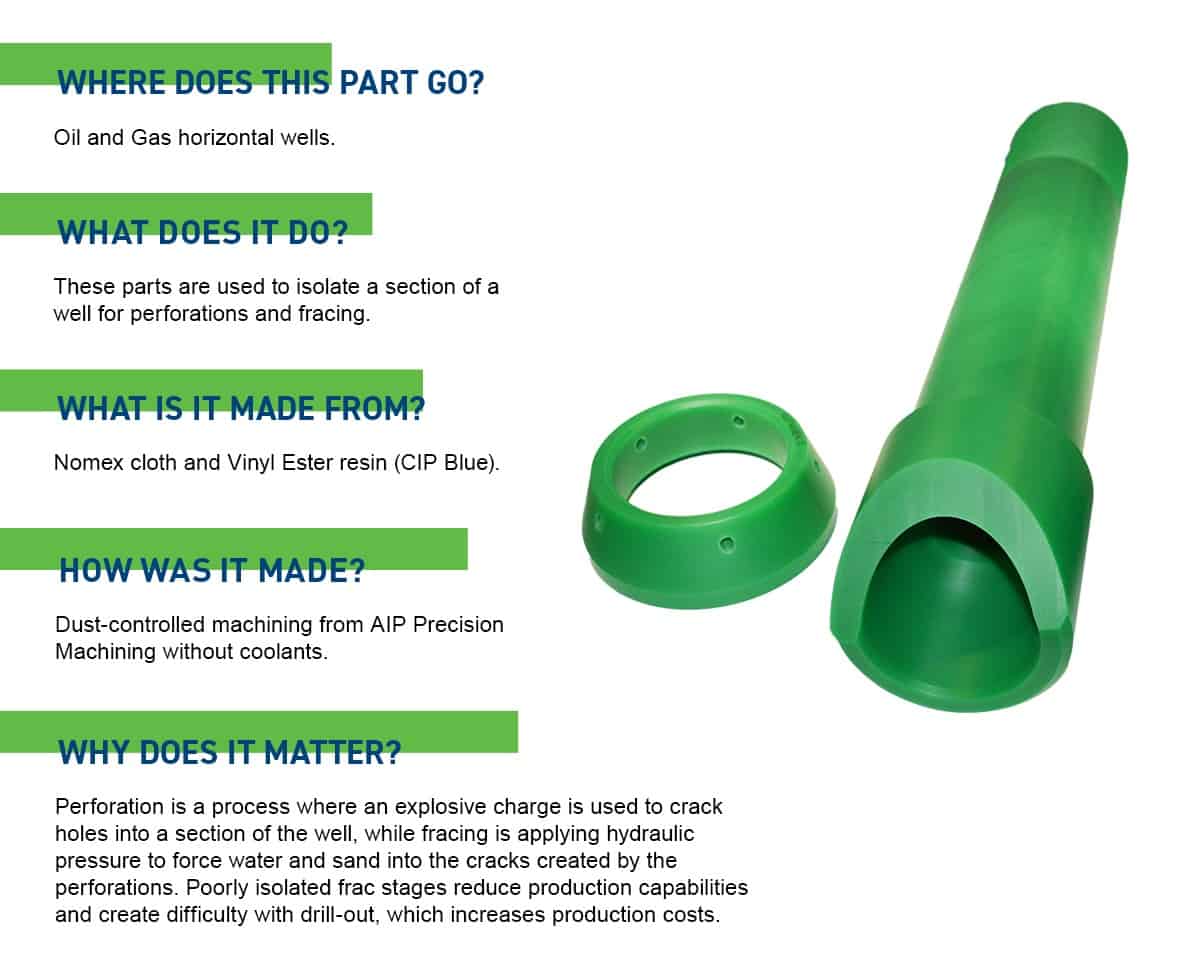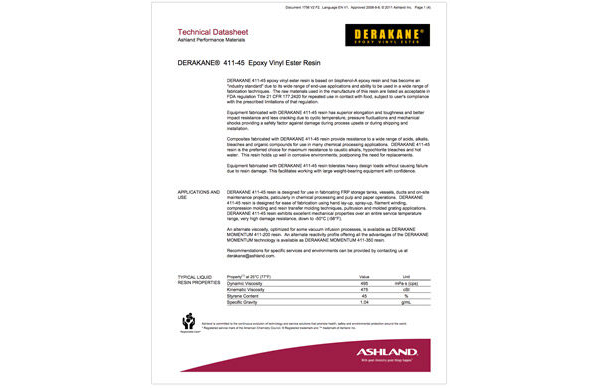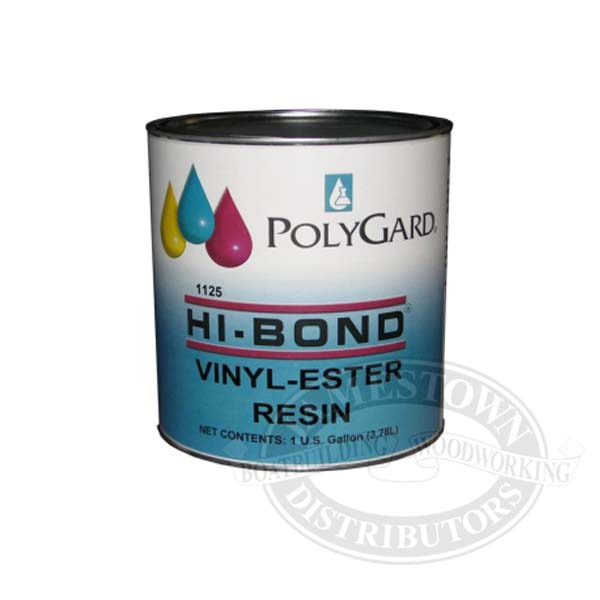What Is Vinyl Ester Resin Used For

Proper thickening with the usual thickening agents is an essential resin characteristic if the smc is to be ready to mold i e.
What is vinyl ester resin used for. Also sometimes known as vinyl ester vinylester is a resin product that is used as an alternative to various types of polyester or epoxy materials in the manufacturing process. It has greater strength and mechanical properties than polyester and less than epoxy resin. It is typically used in boat hulls gas tanks kayaks canoes and other items that will be exposed to chemicals such as fuel or water for extended periods of time. Renewable precursors to vinyl ester resins have been developed.
Essentially they comprise a base of polyester resin strengthened with epoxy molecules in the backbone of the molecular chain. Vinyl ester resin is extensively used to manufacture frp tanks and vessels as per bs4994. Vinyl ester resin cures with a tack just like polyester resins without wax. Ve resin is a tough resin that can withstand repeated bending better than both polyester and epoxy resin.
They are mostly designed for an environment that requires corrosion resistance and physical performance. While vinyl ester resins are classified as polyester based formulations they are actually an intermediate between a polyester backbone and epoxy terminations on the ends of the molecules. Vinyl esters also use peroxides e g. It adds excellent strength rigidity adhesion water and chemical resistance.
For laminating process vinyl ester is usually initiated with methyl ethyl ketone peroxide. Vinylester is essentially a styrene modified epoxy resin. Epoxy adheres to wood much better than polyester does. Vinyl ester resin is also more resistant to solvents and water degradation.
Open molding hand lay up spray up smc bmc rtm. Vinyl ester can be hardened by the use of peroxides and thinned by chemical reactions styrene. Polyester or vinyl ester resins can be used to make smc. Vinyl ester resin is more resistant to solvents and water degradation.
The double bonds make the resin obtain a flexible nature. Vinyl ester vinyl ester resins offer increased strength corrosion resistance and durability and are used in a wide variety of applications. Cloth and polyester resin. It is typically used in gas tanks boat hulls and other items that will be exposed to water or chemicals for extended periods of time.
Infusing epoxy molecules into a polyester resin creates the material. Vinyl ester resins are produced by the reaction esterification between an epoxy resin and an unsaturated monocarboxylic acid. Vinyl esters are stronger than polyesters and more resilient than epoxies. To cover wood a laminate using epoxy resin and 10 oz cloth will yield a much better job than 10 oz.
Vinyl ester can be used as a final coat after polyester resin to create a better water barrier. Most products are made from molding processes and cannot be reused in a waxy state.




